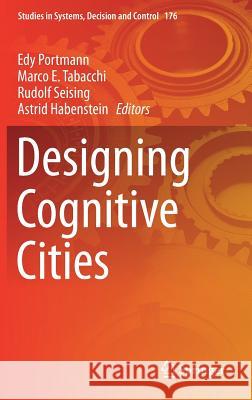Designing Cognitive Cities » książka
topmenu
Designing Cognitive Cities
ISBN-13: 9783030003166 / Angielski / Twarda / 2018 / 266 str.
Kategorie:
Kategorie BISAC:
Wydawca:
Springer
Seria wydawnicza:
Język:
Angielski
ISBN-13:
9783030003166
Rok wydania:
2018
Wydanie:
2019
Ilość stron:
266
Waga:
0.57 kg
Wymiary:
23.39 x 15.6 x 1.75
Oprawa:
Twarda
Wolumenów:
01
Dodatkowe informacje:
Wydanie ilustrowane











